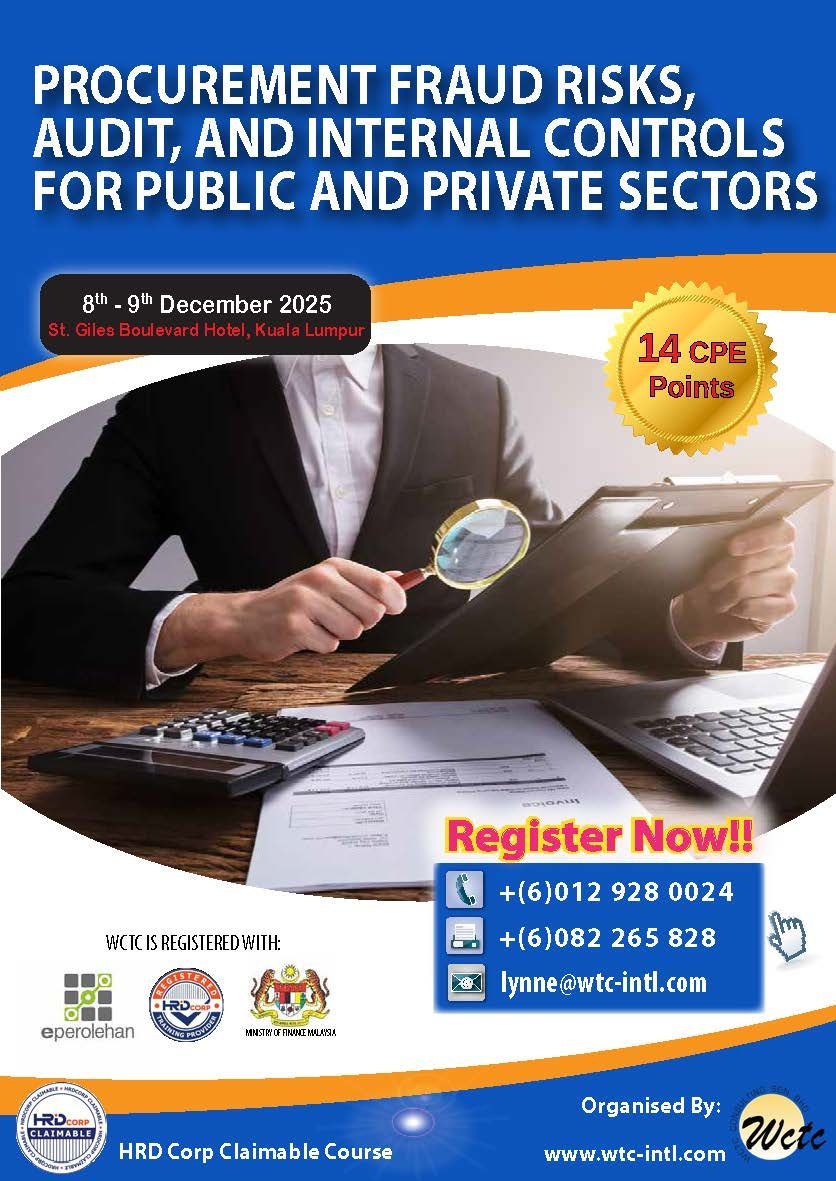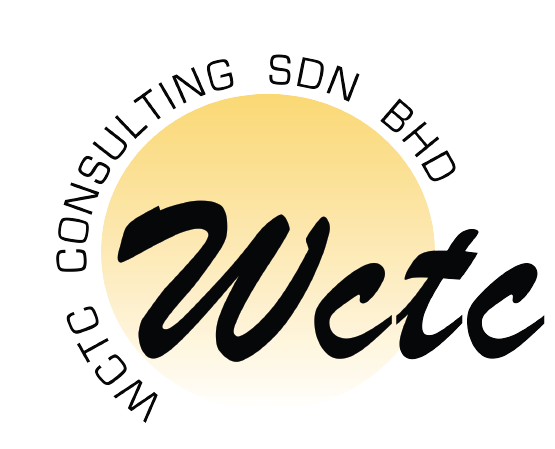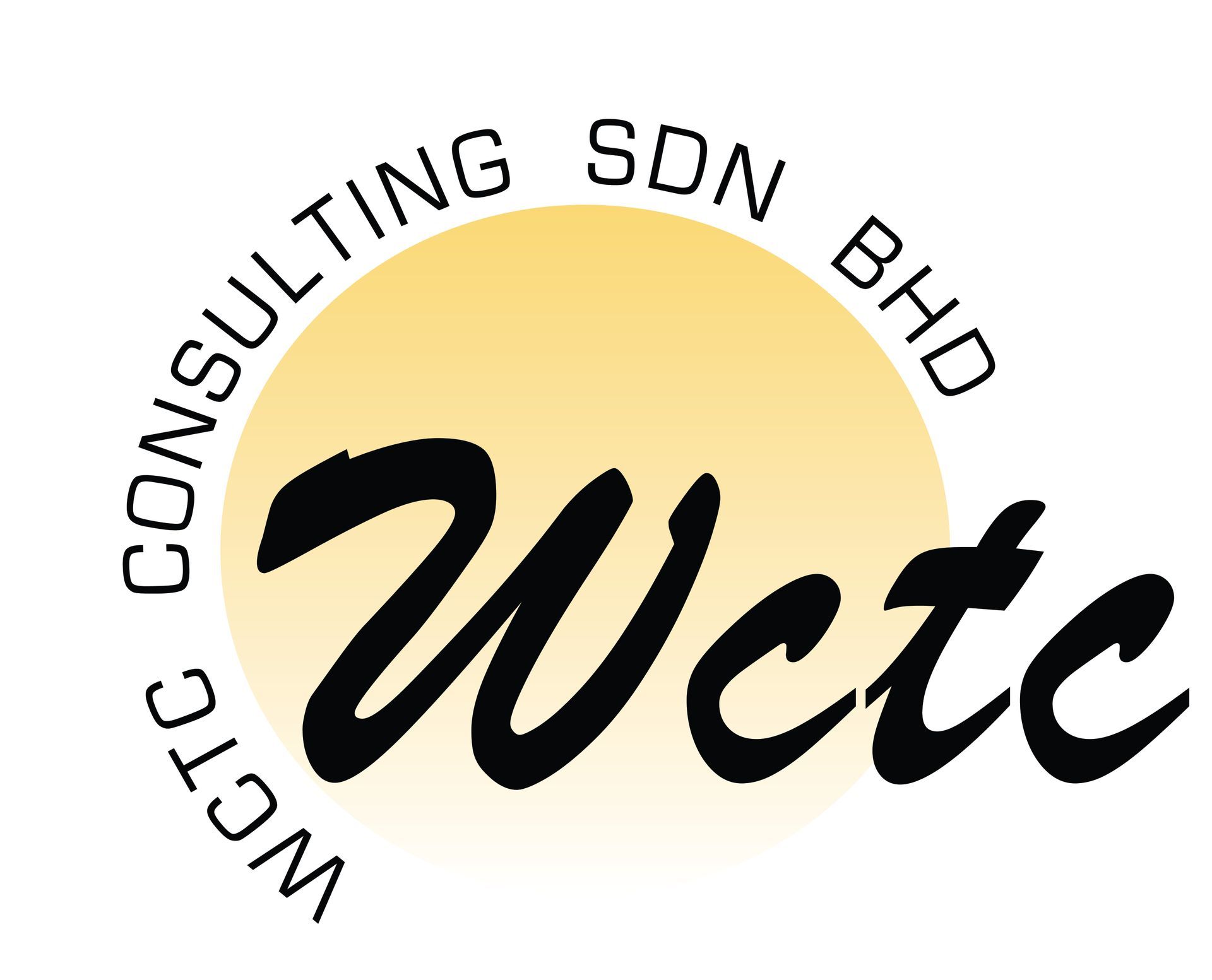Procurement Fraud Risks, Audit and Internal Controls for Public and Private Sectors (8-9 December 2025) St. Giles Boulevard Hotel, Kuala Lumpur
OVERVIEW
Protect Your Business Against Expensive Malpractices and Fraudulent Behaviour
The rise in contract management and the outsourcing of goods and services has created an increase in procurement fraud, which can occur at any stage of the contracting and procurement process. Appropriate controls, fraud prevention strategies and proper tendering processes are necessary in the fight against this fraud.
It is important to remember that maintenance of financial controls remains critical in this age of digitalisation. Public and private sectors must continue to comply with legal responsibilities and related guidance on financial governance. It is essential that all staff maintain financial records and decision logs – regardless of any circumstances - so that audit trails are preserved .
Procurement, finance, and payroll staff, as well as those who requisition or authorise the purchase of goods, services and works should familiarise themselves with the controls set out to prevent fraud , identify key parameters for auditors in assessing the risk of sub-optimal procurement, and how they should prioritise and conduct their audits to check if these risks have materialised, including the risk of fraud and corruption.
Procurement fraud can occur through departmental purchasing of goods and services, as well as through contractual arrangements with external service providers. It can occur in many different ways. Fraud within the procurement life cycle is high risk and can result in recurring losses. You may be at risk due to fraudulent activities conducted by internal staff, collusion between internal staff and external service providers or external service provider or industry collusion.
This workshop offers insight into the specific risks and possible management techniques in procurement in good or tough times. This 14 hours training programme would equip participants with the knowledge, skills, and techniques to deter, prevent, and detect various devastating types of fraud. JOIN US to learn how to identify procurement fraud situations, uncover rogue operatives and threats and provide a higher level of transparency and control over all elements of your purchasing requirements.
OBJECTIVES
- CALIBRATE RED FLAGS Of Procurement Fraud
- EXPLAIN New Emergent Risks In Public and Private Sectors
- RELATE Various Root Cause Of Different Procurement Fraud Schemes
- DEVELOP Robust And Practical Procurement Policies And Procedures
- CATEGORISE Different Type Of Procurement Fraud That Can Occur In All Sectors
- GAIN A Thorough Understanding Of How Strategic Policies And Governance Can Contribute Toward Procurement Effectiveness And Efficiency
- KNOW Different Effective Deterrent, Preventive, And Detective Measures To Prevent Occurrence Of Procurement Fraud
- KNOW Risk Mitigation At All Stages Of A Transaction From The Initial Stage Through Supplier Selection, Contract Negotiation, And On-going Supplier Management To Contract Close Out
- UNDERSTAND and RECOGNISE Why And How Risk Is An Integral Part Of The Procurement Process
- IDENTIFY The Vulnerability of The Procurement Function To Fraudulent Activities

Other Workshops:

ABOUT THE PROGRAM When performance isn’t managed properly, organizations end up paying for it in silence: people are unsure of what “success” even looks like, goals are set randomly, evaluations feel inconsistent, and teams start dragging under the weight of unclear expectations . Managers avoid tough conversations, reviews get reduced to a quick number or percentage, and small problems grow into full-blown performance issues that could’ve been fixed early. Without a clear, structured framework, both HR and managers struggle to maintain fairness, alignment, and accountability. Time gets wasted. Talented people lose motivation. Underperformance slips through the cracks. And the organization misses chance after chance to strengthen its talent pipeline. This two-day program equips Managers and Team Leaders with practical, usable tools to set meaningful KPIs, align them with organizational objectives, identify Key Result Areas, and understand the core components of a proper Performance Management System. Participants will learn how to create clarity, maintain consistent standards, and drive performance conversations that actually lead to improvement rather than confusion. The goal is simple: turn performance management into a disciplined, repeatable process that supports employee growth and organizational results; not a once-a-year form-filling ritual. JOIN US to build a performance culture where clarity is the norm, accountability is shared, and every review becomes a genuine driver of progress and growth.



